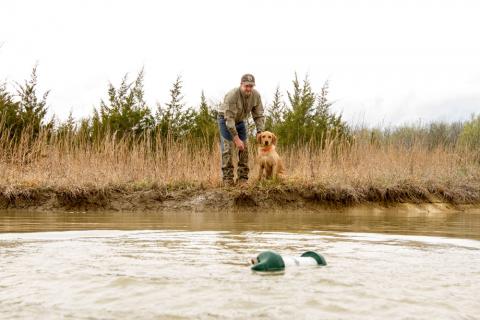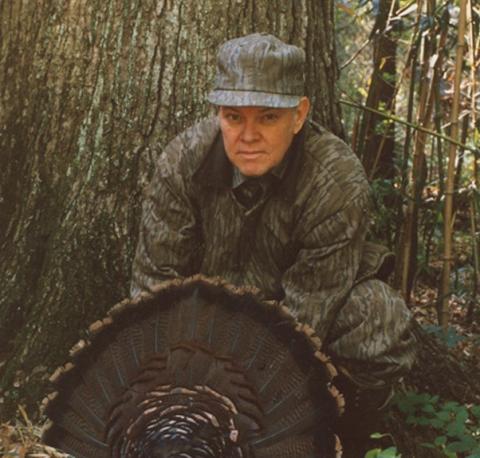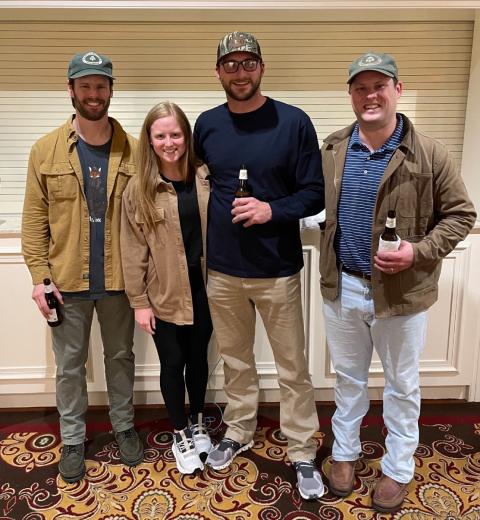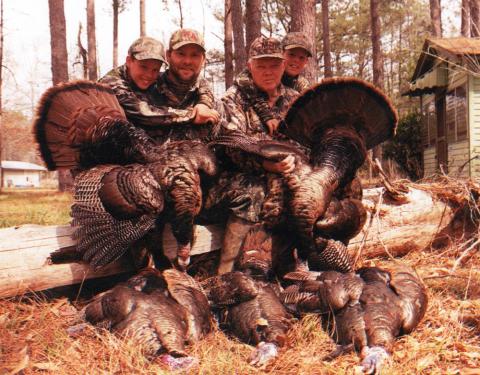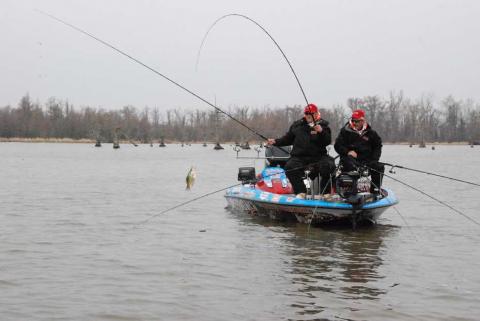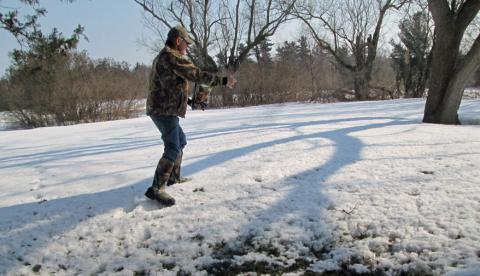You’ll often hear comments like:
“I didn’t get a bite, and I didn’t catch a bass.”
“I had a bad day of fishing. I can’t believe I wasted the whole day fishing and didn’t even get a bite.”
“Today was a bummer. I only caught three short fish that aren’t big enough to measure.”
We’ve all said these same words when we've had a bad outing for bass. However, I've learned that every day I'm on the water bass fishing, I'm learning something I haven’t known the day before. Even on those days when I don’t get a bite or catch a bass, I've learned more information on what not to do on those kinds of days under those types of water conditions.

For instance, I've fished Florida’s Kissimmee chain of lakes in three different tournaments. In two of those tournaments, I finished in the bottom 100. I never really felt I was fishing in the right areas to catch the bass. So, I learned all the things I’d done wrong in those two bad tournaments. In the third tournament, I’d learned how to break down the water better to identify the areas I needed to fish. I searched for cleaner water than I’d fished in the two previous tournaments. I finished much higher in the third tournament than in the two bad tournaments. So, the first two tournaments were not really bad tournaments but actually were learning tournaments for me. At each of those first tournaments, I learned enough to do really well in the third tournament.
I think that’s the secret to consistently catching bass everywhere you go at different times of the year. Take what you’ve learned from a bad fishing trip, and store it in your bass memory bank. Then the next time you fish that same body of water, you'll be better prepared to find and catch the bass there.
 In the spring of the year, anglers often have to fish in a lot of rain and wind. Both of these two weather conditions can and will muddy-up the water you're fishing. So, pinpoint protected places to fish that don’t get as much wind and rain as the rest of the water you're fishing. Look for where cleaner water comes into the lake.
In the spring of the year, anglers often have to fish in a lot of rain and wind. Both of these two weather conditions can and will muddy-up the water you're fishing. So, pinpoint protected places to fish that don’t get as much wind and rain as the rest of the water you're fishing. Look for where cleaner water comes into the lake.
In the latest tournament on Kissimmee, I’d learned to look for cleaner and more protected water from the other two tournaments that had an abundance of wind and rain. So, when we had those same conditions on Kissimmee this year, I went to the places where I’d seen clean water in the two previous tournaments, and that’s where I saw and caught my bass.
One of the advantages I have is that I usually fish about 20-different lakes during the year. So, I learn how to fish different types of lakes under various water and weather conditions. If you want to improve your fishing, don’t always just fish the lakes you always fish. Learn to fish lowland lakes, highland lakes, rivers, coastal rivers and every type of waterway. Then you can build your mental database of what lures to fish and when to fish certain lures on specific types of lakes under numerous water and weather conditions. Each lake is different from every other river or lake you fish. Therefore the more experience you have fishing all types of waters that hold bass under all kinds of water and weather conditions, the quicker and easier you can solve bass-fishing problems when you're not catching bass.
Because I started fishing bass tournaments in high school and college, I had an awful lot of information about fishing different types of lakes under all weather and water conditions. I tried to learn something at each lake I fished. Even if I had a bad day and didn’t catch any keeper bass, I tried to answer the question, “Why did I fish poorly, and what can I do the next time I fish a lake like this to improve my chances for success?” I never believed any day I was on the water was a wasted day.
I've been actively fishing bass tournaments since about 2006, and I've probably fished on 50-plus lakes. Each lake has taught me something I haven’t known before I’ve fished that lake. One of the things I’ve learned is that all these lakes have bass, but bass in each lake often have different tendencies. Therefore, the old saying, “There are no substitutes for spending time on the water to become a better bass fisherman,” is absolutely true.
















